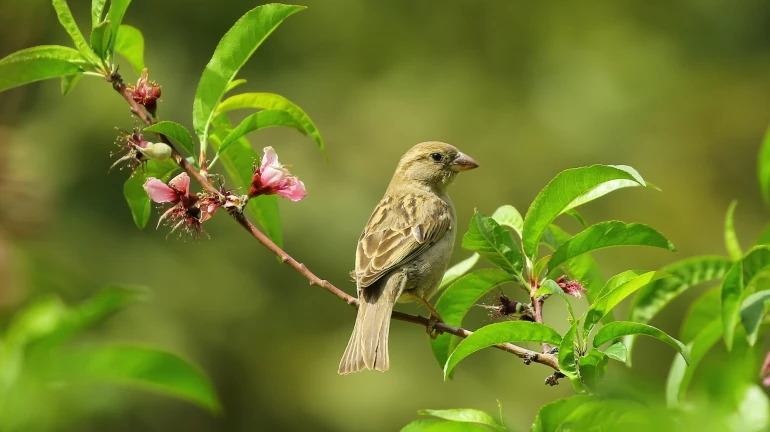
The temperature in Mumbai have increased significantly in March. The mercury has reached almost 40 degrees Celsius. This has majorly impacted the life of birds in the city.
In a month, 81 birds suffering from dehydration were admitted to the Bai Sakarbai Dinshaw Petit (BSDP) Animal Hospital in Parel.
Doctors said that the lack of water in the city is creating this problem.
In response to the heat wave-like conditions, the India Meteorological Department (IMD) and the Brihanmumbai Municipal Corporation (BMC) had issued several health advisories in March.
“Birds and wildlife also had to suffer a lot during this period,” BSDP Hospital Manager Dr. Mayur Dangar told Hindustan Times.
The 81 birds treated at the hospital for dehydration in March include 37 pigeons, 22 pigeons, 17 crows, 4 parrots and 1 duck.
In 2024, the hospital had cared for 160 birds between March 1 and May 31. These included 70 pigeons, 53 pigeons, 31 crows, 2 mynas, 2 ergots and 2 owls.
After the birds are admitted to the hospital, they are given water or electrolytes orally and they usually recover in three to four days.
If their condition is critical, salt water is given and it takes them about seven days to recover, said Dr. Dangar.
After recovery, larger birds like hawks and owls are handed over to non-governmental organisations for rehabilitation, while ducks are sent to Banganga Lake in Malabar Hills.
Pigeons, sparrows, crows and other small birds that have merged with human habitation are released into the open.
Dr. Dangar said that the high temperatures affect the larger birds as there is no water source in the city.
“The hawks are the ones who suffer the most because they do not drink water from the pots kept outside. They need large water sources,” he said.
Naturalist Sanjay Monga also agreed, saying that while small birds drink water from pots kept outside, larger birds rely on water bodies. They also get moisture from peepal, vad and fig trees, but it has become difficult for them to find these trees in the city. He noted that high temperatures, due to dust particles and concrete in the air, are causing problems for the birds.





